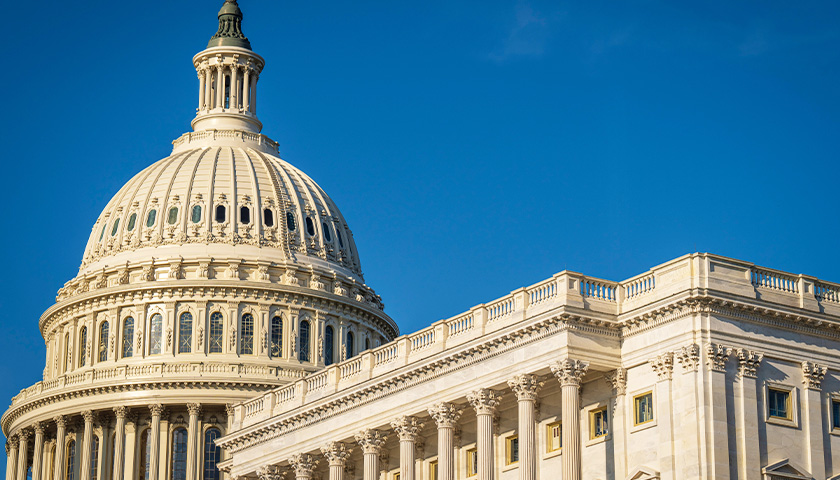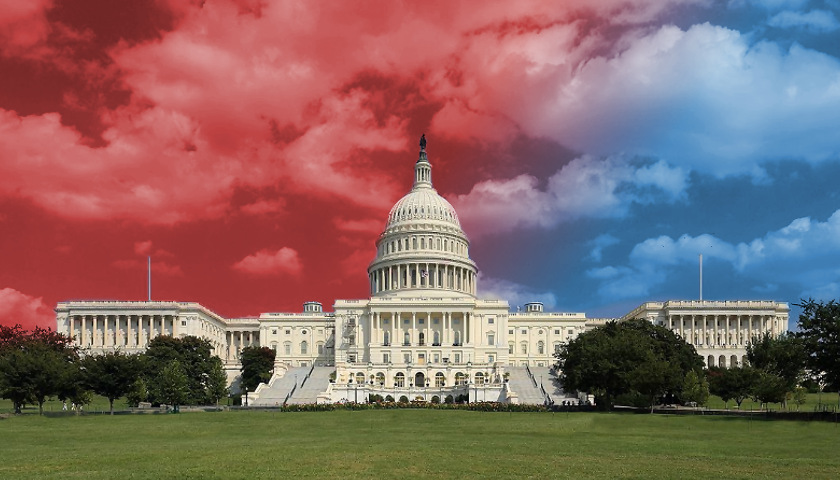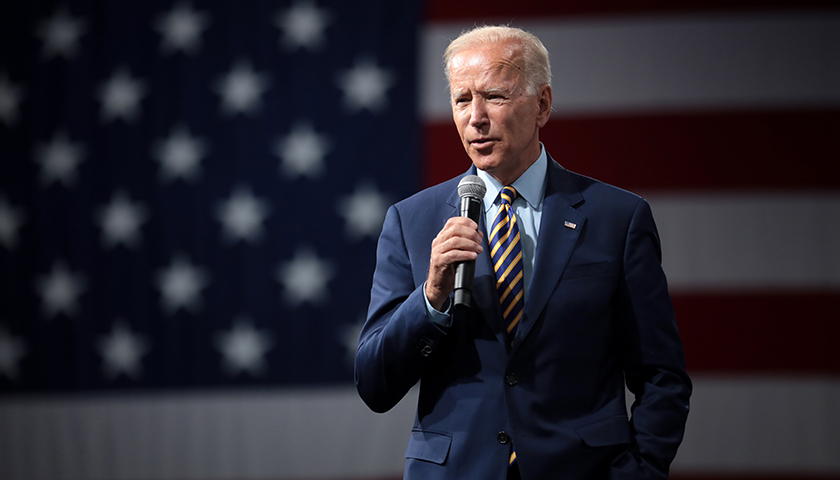Big businesses appear to be taking major steps back from politics compared to the 2020 election ahead of the contentious November rematch between former President Donald Trump and President Joe Biden, The Wall Street Journal reported on Friday.
While many corporate executives weighed in on divisive political issues during the previous cycle, some expressed fatigue to the WSJ over engaging in 2024. Google CEO Sundar Pichai said in a recent memo that he didn’t want the corporation to “fight over disruptive issues or debate politics” following employee protests over the Israel-Hamas war, adding that “we are a workplace,” according to the outlet.
Read More









